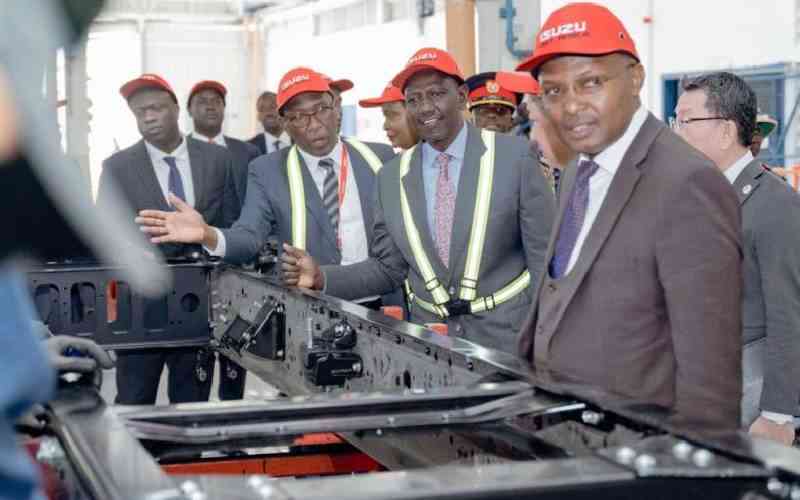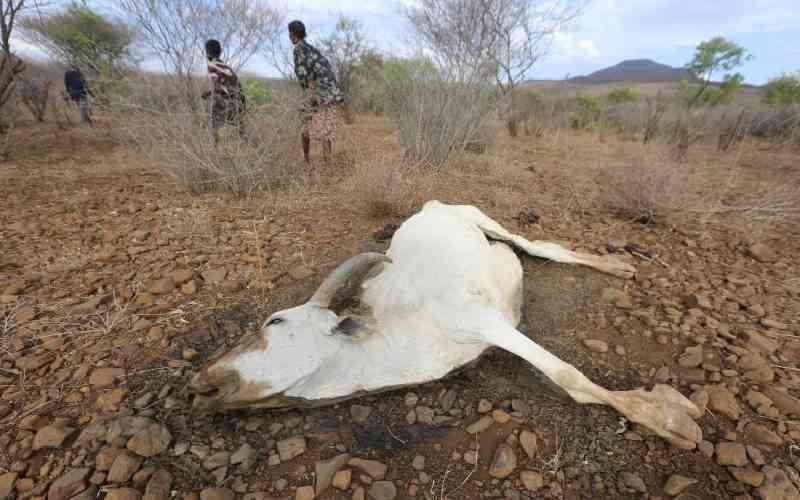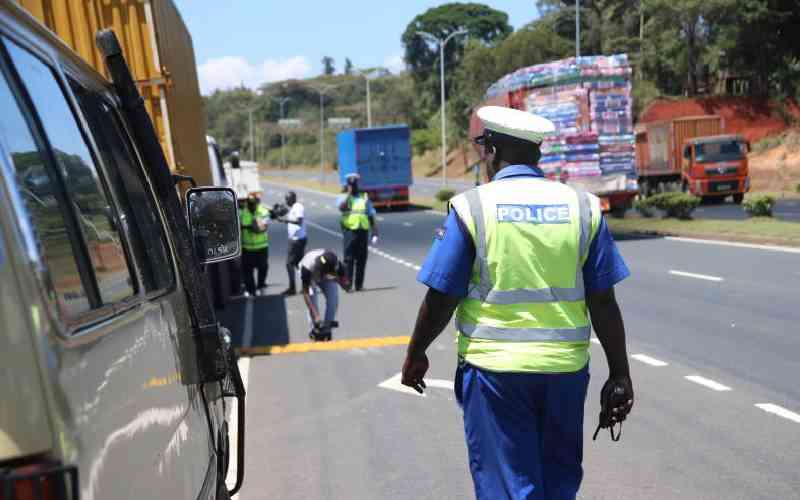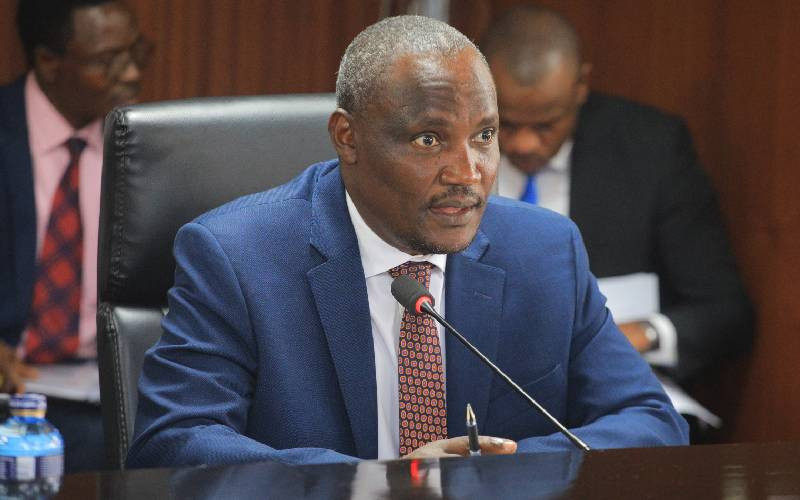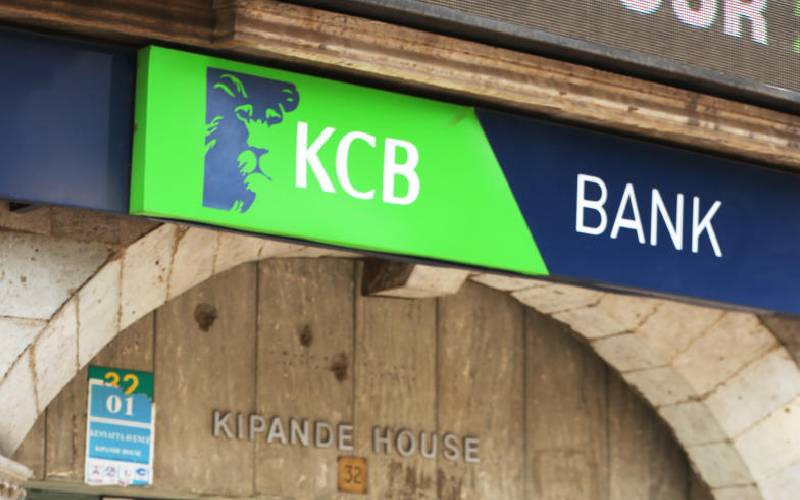×
The Standard e-Paper
Home To Bold Columnists
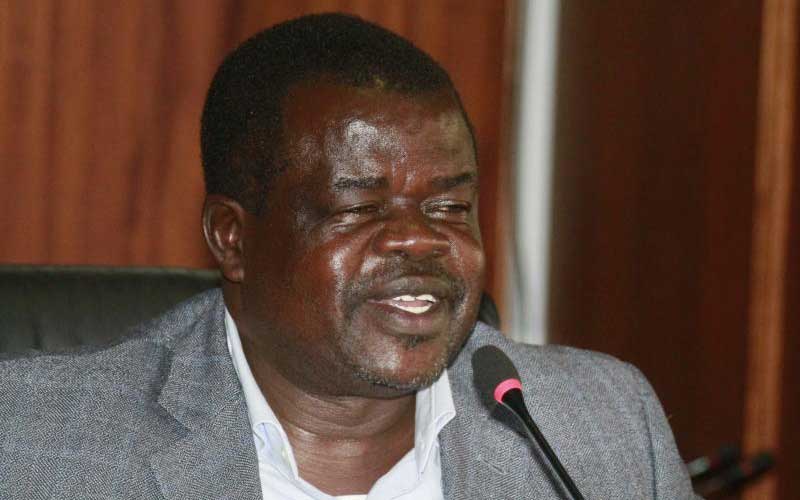
Activist Okiya Omtatah. The State is accused of abandoning initial project for another one despite having machines and materials which it bought and have not been used to date. [File]
Taxpayers could lose Sh1 billion in a project to make new hi-tech number plates after the government floated a new tender for a number plate manufacturing plant despite having new machines lying idle at Kamiti Prison for five years now.
